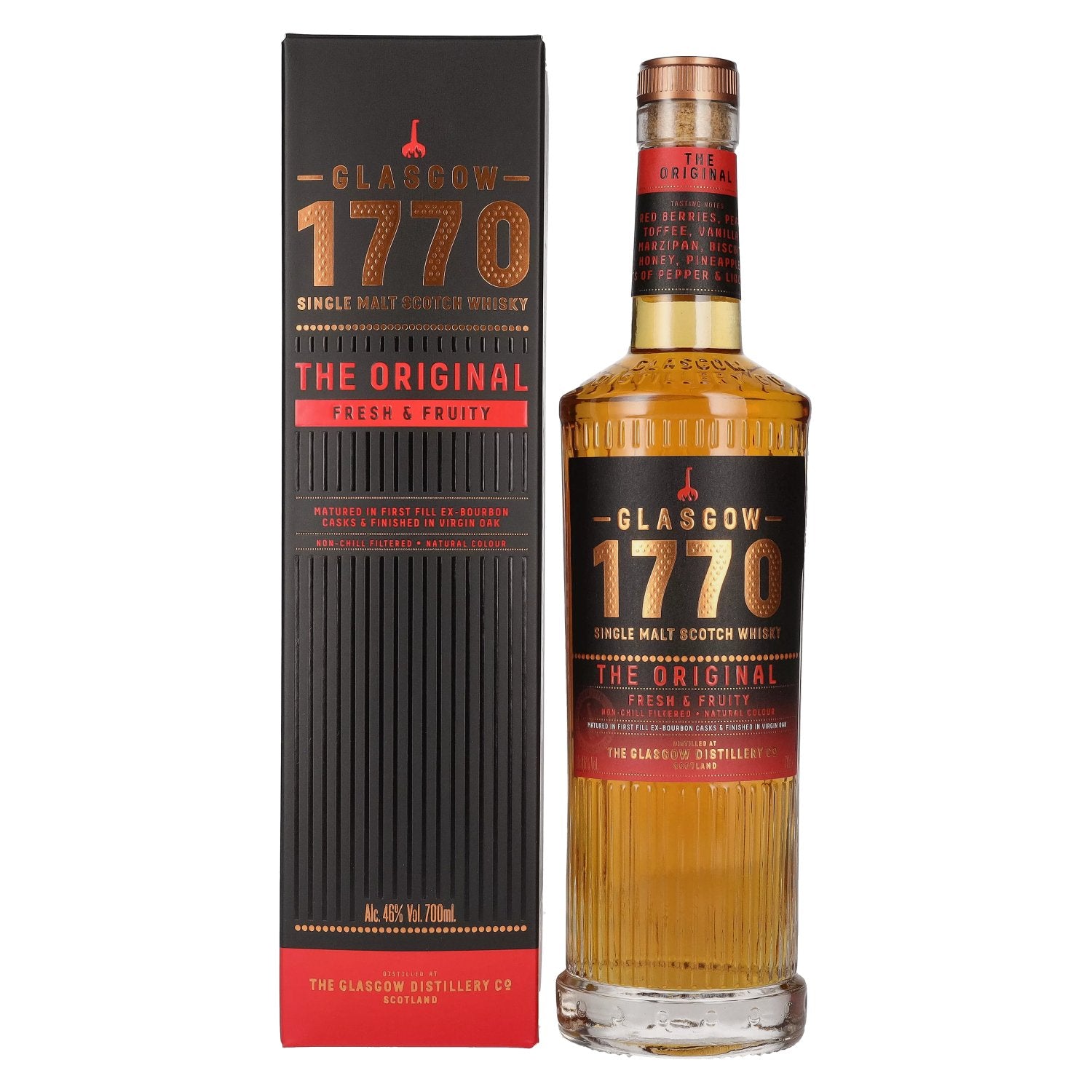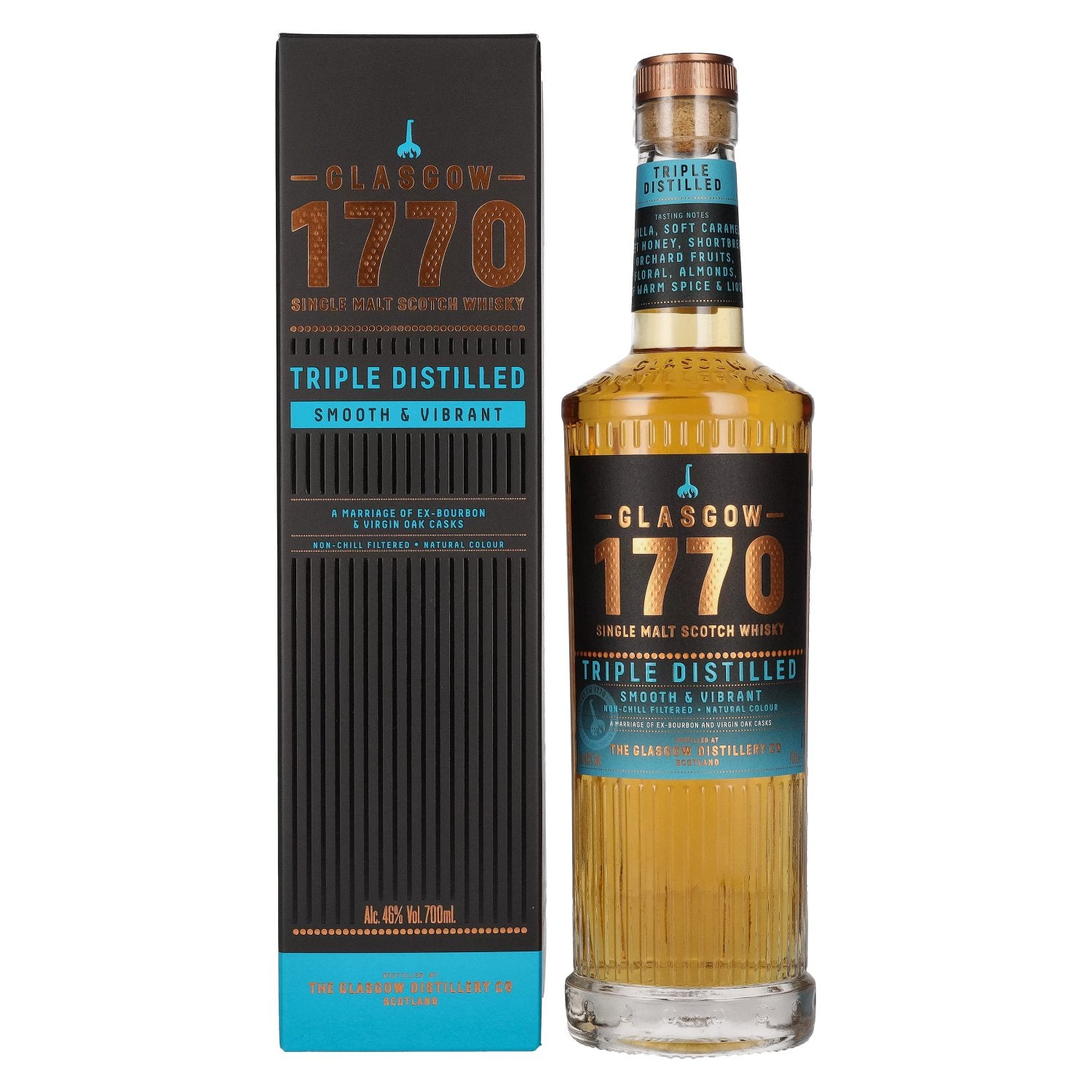Whisky, long appreciated for its rich flavors and storied history, has evolved into more than just a beloved spirit. In recent years, it has gained recognition as a valuable investment asset, attracting both collectors and investors. The allure of whisky as an investment lies in its potential for substantial returns, its growing market demand, and the tangible, enjoyable nature of the asset itself. In this article, we will explore why whisky is considered a good investment, highlighting key factors that contribute to its appeal and offering tips for those interested in entering the whisky investment market.
Increasing Market Demand
The global demand for whisky, particularly premium and rare expressions, has been on the rise. Several factors contribute to this growing interest:
- Rising Global Consumption: Whisky consumption has increased worldwide, with markets in Asia, particularly China and India, showing significant growth. As more consumers develop a taste for high-quality whisky, the demand for premium bottles continues to soar.
- Limited Supply: Whisky production is a time-intensive process, often requiring years or even decades of aging. This inherent limitation on supply, combined with increasing demand, naturally drives up the value of rare and aged bottles.
Proven Investment Returns
Investing in whisky has proven to be a lucrative endeavor for many, with returns often outperforming traditional investment assets. Key points include:
- Historical Performance: Over the past decade, rare whisky has consistently shown impressive returns. For example, the Knight Frank Luxury Investment Index reported that the value of rare whisky increased by over 500% from 2010 to 2020.
- Record-Breaking Sales: High-profile auctions have seen record-breaking sales of rare bottles and casks, further highlighting whisky's potential as a high-return investment. For instance, a bottle of Macallan 1926 sold for a staggering $1.9 million in 2019, underscoring the market's willingness to pay top dollar for exceptional whisky.
Tangible and Enjoyable Asset
Unlike stocks or bonds, whisky offers a tangible and enjoyable investment experience. This unique aspect adds to its appeal:
- Physical Ownership: Investors own a physical product that can be stored, displayed, and enjoyed. This tangible nature can be particularly appealing for those who prefer assets they can see and touch.
- Personal Enjoyment: Collectors and investors often derive personal enjoyment from their investments, whether through tasting events, sharing with friends, or simply appreciating the craftsmanship of a rare bottle.
Diversification of Investment Portfolio
Adding whisky to an investment portfolio can provide diversification, reducing overall risk:
- Non-Correlated Asset: Whisky prices do not typically correlate with traditional financial markets, making it a valuable addition for diversification. This means that even when stock markets are volatile, the value of rare whisky can remain stable or even increase.
- Hedge Against Inflation: Tangible assets like whisky often retain their value over time and can act as a hedge against inflation, protecting purchasing power.
Tips for Investing in Whisky
For those interested in exploring whisky investment, here are some essential tips:
-
Research and Education: Gain a solid understanding of the whisky market, including key brands, production methods, and historical performance. Knowledge is crucial for making informed investment decisions.
-
Focus on Quality and Rarity: Invest in high-quality, rare, and limited-edition bottles from reputable distilleries. These tend to appreciate more in value over time compared to more common expressions.
-
Condition and Provenance: Ensure that the whisky you invest in is in excellent condition, with intact seals and labels. Provenance, or the documented history of a bottle's ownership, is also important for verifying authenticity.
-
Storage: Proper storage is essential for maintaining the value of your investment. Whisky should be stored upright, in a cool, dark place, away from temperature fluctuations and direct sunlight.
-
Professional Appraisals and Auctions: Consider having your collection appraised by professionals and explore auction houses for buying and selling rare bottles. Established auction houses can provide market insights and help maximize returns.
Conclusion
Whisky has proven itself to be more than just a delightful beverage; it has emerged as a viable and rewarding investment asset. With increasing global demand, limited supply, and impressive historical returns, whisky offers a unique opportunity for investors looking to diversify their portfolios with a tangible, enjoyable asset. By focusing on quality, rarity, and proper storage, investors can tap into the lucrative world of whisky investment and potentially enjoy substantial returns.
Raise a glass to the prospects of whisky investment, where passion and profit come together in a perfect blend. Cheers!











